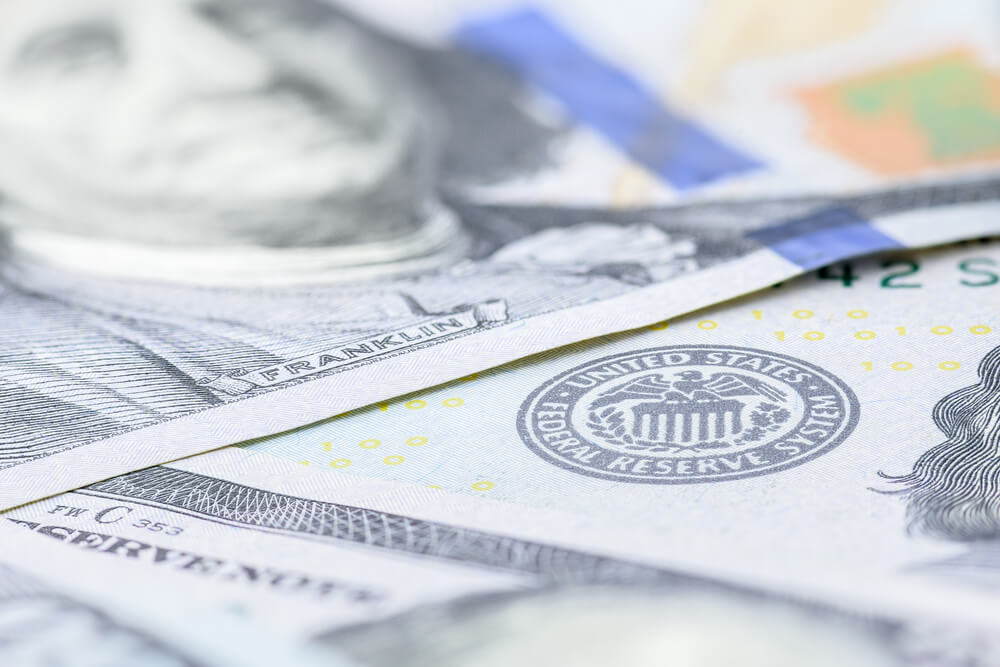The top Senate Democrat for tax policy unveiled a proposal on Wednesday, which says U.S. billionaires would pay tax on unrealized gains from their assets. That was to help finance President Joe Biden’s emerging social-policy and climate-change legislation.
The so-called billionaires tax was announced by Senate Finance Committee Chairman Ron Wyden. It is part of a two-pronged legislative strategy that also includes a proposed 15% corporate minimum tax on the most profitable U.S. corporations.
The legislation is intended to curtail tax avoidance by corporations and the wealthy, said Wyden and other lawmakers, including Democratic Senator Elizabeth Warren. It could generate hundreds of billions of dollars to pay for Biden’s Build Back Better legislation, which is expected to cost between $1.5 trillion and $2 trillion.
The corporate minimum tax is backed by the White House. It would dovetail with a global corporate minimum tax recently agreed by 136 countries. Furthermore, it is aimed at corporations that pay little or no tax by gaming the international tax system.
But the billionaires tax faces potential opposition from Democrats in the House of Representatives. They are the ones who favor straightforward hikes in tax rates for companies and the wealthy as a way to fund the Biden agenda.
According to a statement, the billionaires tax is set to take effect for the 2022 tax year. It is expected to affect roughly 700 taxpayers with over $1 billion in assets or $100 million in annual income for three consecutive years.
It would impose the 23.8% tax rate for long-term capital gains on tradable assets that increase in value over the year such as stocks. That is, whether or not they have been sold.
Moreover, it would also allow taxpayers to take deductions for losses on assets.
According to a statement, the tax would also impose levies on billionaire ownership stakes in businesses incorporated as pass-through entities and in trusts. That includes real estate investment trusts, the statement said.
How would a Billionaires’ Tax work?
Basically, the U.S. would levy a tax on the unrealized gains of assets held by billionaires every year. If a billionaire’s $1 million investment in a particular stock doubled to $2 million, for example, the IRS would tax that $1 million gain.
A billionaire’s tax rate has not been set but it is expected to be no lower than the 20% rate imposed on capital gains.
When selling non-tradable assets, such as real estate, billionaires would pay their usual taxes as well as a deferred recapture amount. This is similar to the amount of interest on the taxes the individual deferred during the time they held assets.
It would also include rules to prevent billionaires from avoiding payment by using tax-minimizing strategies like passthrough entities, gifts, estates and trusts. They are still working out other details of this tax.
















